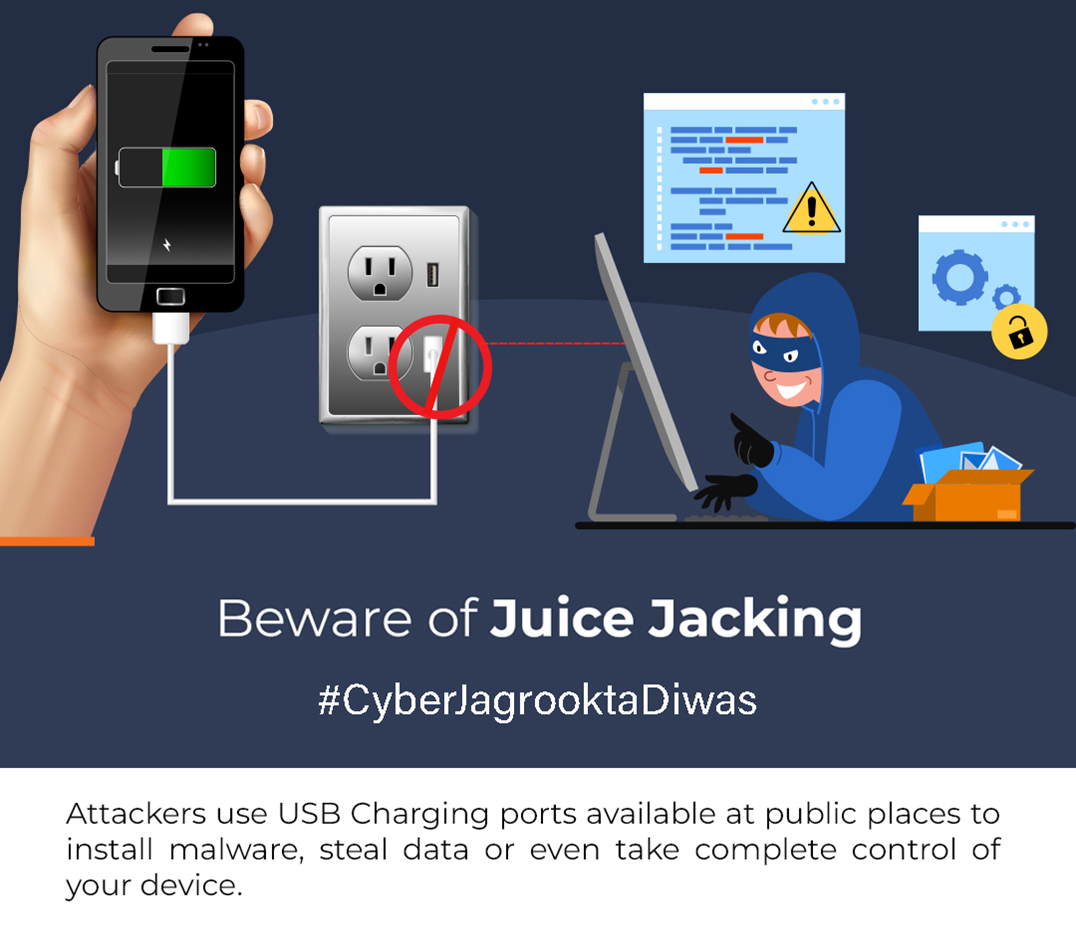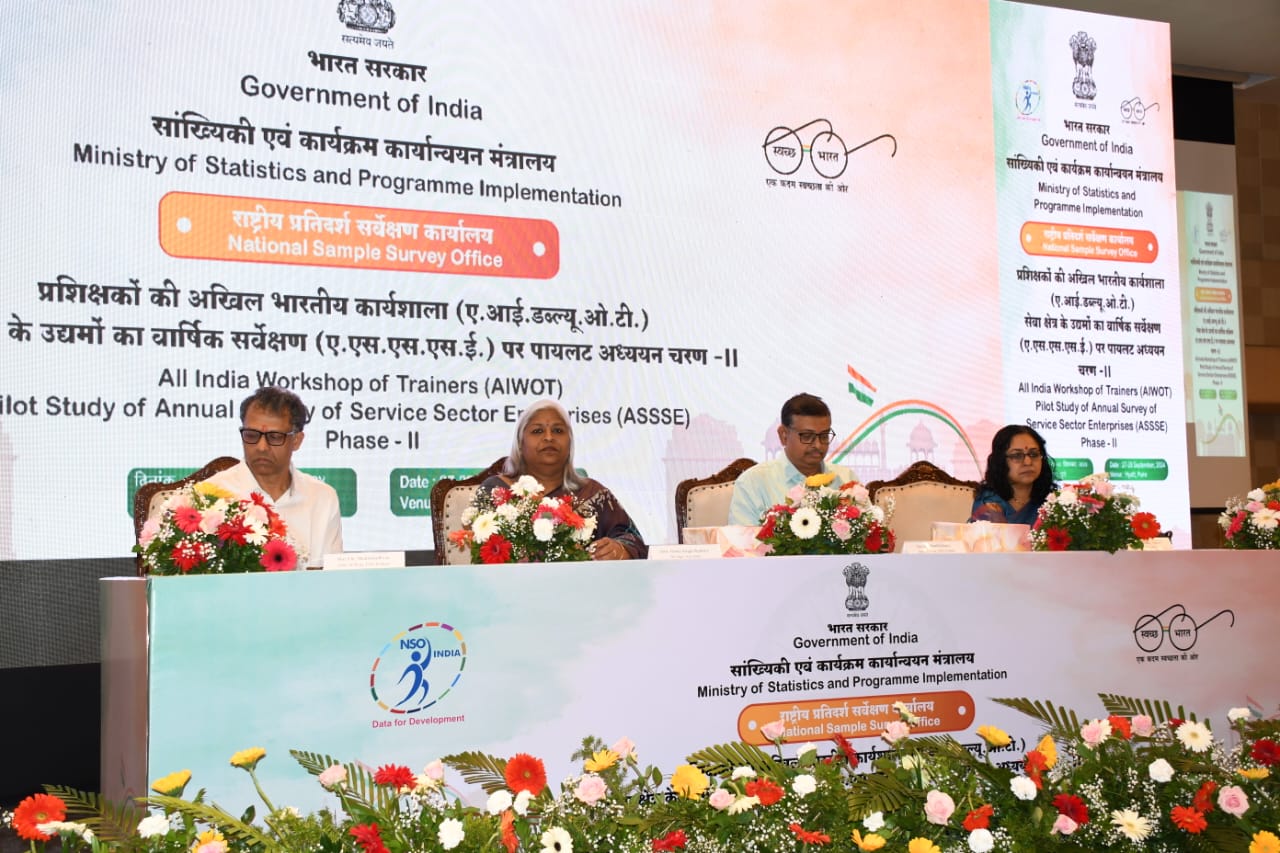- Courses
- GS Full Course 1 Year
- GS Full Course 2 Year
- GS Full Course 3 Year
- GS Full Course Till Selection
- CSAT
- 5 LAYERED ARJUNA Mentorship
- Public Administration Optional
- Online Program
- GS Recorded Course
- NCERT (Recorded 500+ Hours)
- Polity Recorded Course
- Geography Recorded Course
- Economy Recorded Course
- AMAC Recorded Course
- Modern India, Post Independence & World History
- Environment Recoded Course
- Governance Recoded Course
- Science & Tech. Recoded Course
- International Relations and Internal Security Recorded Course
- Disaster Management Module Course
- Ethics Recoded Course
- Essay Recoded Course
- Current Affairs Recoded Course
- ABOUT US
- OUR TOPPERS
- TEST SERIES
- FREE STUDY MATERIAL
- VIDEOS
- CONTACT US
RBI WARNS AGAINST 'JUICE JACKING' CYBERATTACK
RBI WARNS AGAINST 'JUICE JACKING' CYBERATTACK
29-02-2024
The Reserve Bank of India (RBI) has issued an alert to mobile phone users regarding the emerging threat of "juice jacking", a form of cyberattack targeting devices charged through public USB ports. These advisory aims to raise awareness about potential risks to financial and data security.

What is Juice Jacking?
- Juice jacking involves hackers manipulating publicly accessible USB charging stations, such as those found in airports and malls, to install malware or hardware modifications.
- When users connect their devices to these ports, sensitive data including contacts, photos, emails, and financial information can be copied within minutes.
- Extracted data may be exploited by cybercriminals for identity theft, banking fraud, and other scams.
Recent Incidents and Impact:
- Instances of juice jacking attacks have been reported worldwide, including in India where the Mumbai Police cyber cell uncovered illicit data extraction operations at public charging stations.
- Over 50 victims in Mumbai had their personal data compromised, raising concerns of larger identity theft and financial fraud operations.
RBI's Advisory on Safeguarding Data:
- RBI advises against using public charging ports and recommends personal chargers instead.
- Additional precautions include avoiding financial transactions over public Wi-Fi.
Risk Mitigation Measures for Users:
- Users can protect themselves by avoiding charging devices at public USB ports and carrying personal chargers or power banks.
- Regularly updating phone operating systems and software ensures the latest security patches are in place to defend against evolving threats.
Conclusion:
- RBI's advisory and implementing precautionary measures, individuals can safeguard their personal and financial data from the growing menace of juice jacking and other cyber threats targeting mobile devices.



